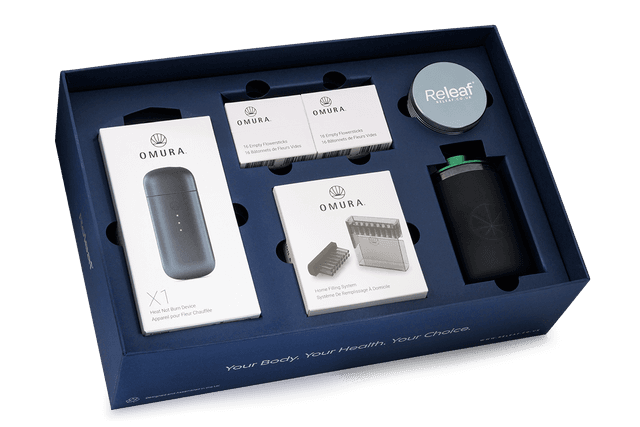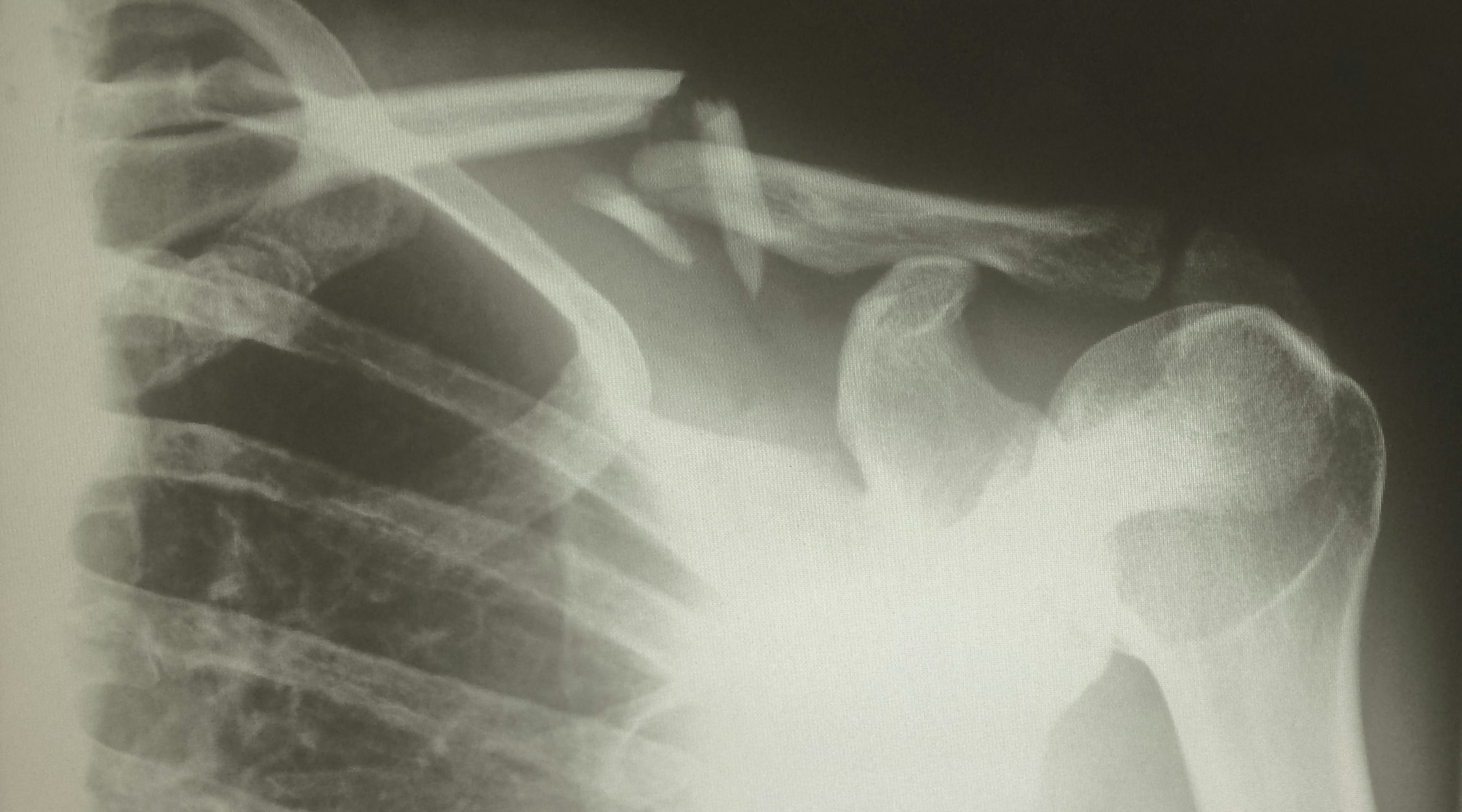The endocannabinoid system (ECS) plays a role in bone homeostasis and healing, with the CB1 receptor stimulation regulating bone mass and density, while the CB2 receptor is responsible for bone maintenance via stimulating certain cells that build bone. Cannabinoids also interact with other peripheral receptors in the body to further aid in the influencing of boosting bone mass, as well as preventing specific types of cells from degrading the bone.
Cannabinoids occur naturally in the human body as endogenous cannabinoids, as well as in cannabis plants, known as phytocannabinoids. Each type of cannabinoid interacts with the ECS to maintain bone regeneration and numerous other homeostatic functions throughout the body.
Bone regeneration is vital for your overall health and wellness for healing bone injuries, as well as removing dead and damaged bone tissue, all for new bone tissue to form.
Today, we’ll explore the role of cannabinoids in complex bone processes, various ongoing research, and potential medical applications of cannabinoids in bone wellness and regeneration.
How cannabinoids affect bone regeneration
This study, titled “Cannabinoid Use in Musculoskeletal Illness: a Review of the Current Evidence” shows how the interactions of cannabinoids with the endocannabinoid system (ECS) play a potentially critical role in bone homeostasis and bone healing.
The paper concludes that there is pre-clinical evidence suggesting that the administration of CBD may increase bone healing, whereas the administration of THC likely inhibits bone metabolism and repair. Cannabinoids are able to affect bone activity through the interaction of the ECS via the CB1 and CB2 receptors.
Outside of the ECS, CBD interacts with the GPR55 receptor, which may increase bone mass and boost bone resorption (that is, a decrease in bone mass and bone density). This paper proposes cannabidiol (CBD) may significantly reduce bone resorption in vivo, and that this could have implications for the development of new therapies for bone diseases.
How does this work, though?
The currently available research has demonstrated that CBD can inhibit bone resorption via modulation of GPR55 signalling and activation of CB2 receptors. The activation of the CB2 receptor has been shown to impact the maintenance of bone mass via directly stimulating osteoblasts and other complex processes. CB2 receptor stimulation may increase bone mass through the mechanisms of boosting the total active amount of osteoblasts. Further results of CB2 activation can prevent osteoclasts (cells that degrade bone) from rapidly increasing and more possible functions.
How cannabinoids affect bone metabolism
Bone metabolism is the ongoing cycle where bones grow and then go through the process of resorption via an interactive engagement between various cells including osteoclasts, osteoblasts, and various regulatory influences.
This study, published in the International Journal of Molecular Sciences, shows how the ECS may have a possible link to the health of bones.
An endogenously created cannabinoid 2-AG is produced under the control of leptin, which in turn is also a potent bone formation stimulator. Furthermore, bone metabolism involves two key processes including bone formation and bone resorption that are carried out by osteoblasts and osteoclasts. Healthy bones have a balance between these two processes.
Osteoblasts and osteoclasts contain various enzymes that create endocannabinoids as well as enzymes that degrade endocannabinoids once their function has been completed
Overall, the activation of the CB2 receptor may protect you from osteoporosis, and other bone health issues.
Cannabinoids and bone healing
When bone cells, specifically the CB1 and CB2 receptors that help regulate the bone cell function, interact with external cannabinoids, they may also provide bone healing due to the osteoblasts and osteoclast's connection with CB1 and CB2 receptors. It not only may provide boosted strength to these bone cells, but can provide healing mechanisms, including fracture healing.
Further research studies on cannabinoids and bone regeneration
Clinical research into the effects of cannabis consumption on patients who experience orthopaedic issues is still somewhat lacking and still requires further evaluation before any comprehensive statements can be made regarding the impact that cannabinoids have on bone regeneration. With that in mind, the current science is certainly pointing towards cannabinoid therapy offering huge potential in bone healing and regeneration.
One study showed that cannabis use did not increase complications after total knee arthroplasty (TKA) when compared to patients who did not receive medicinal cannabis.
Another study published in the JAAOS Global Research & Reviews showed a decrease in the mortality rate of orthopaedic patients who took medicinal cannabis when compared to those who did not partake.
Cannabinoid therapy – A holistic approach to bone health
While cannabinoid therapy is proving to be a potentially potent complementary therapeutic option for bone health, it is just that. Always be wary of any company claiming to offer medicinal cannabis products that promise to heal bone tissue or any other condition. That being said, there are conventional therapeutic options available for the regeneration of bone tissue and general bone health. These include the use of prescription medications, as well as physical therapies such as exercise, stretching, and other activities like yoga.
If you are currently battling bone health issues, or if you are concerned that you may in the future, there are lifestyle choices you can make to support healthy bones. Always look to make sure you are getting adequate amounts of calcium and vitamin D, partaking in weight-bearing exercises, avoiding smoking, and eating a balanced diet rich in fruits and vegetables. Sleep is also super important, and cannabinoids may play a role in boosting the quality and length of sleep.
Ultimately, cannabinoid therapy should always be seen as one small part of a holistic approach to bone health that also incorporates conventional medical practices. If you think cannabinoid therapy may benefit your overall health and well-being, please consult with a doctor before making any decisions.
The wrap-up
While the need for further scientific inquiry is ever present, the current studies surrounding cannabinoid therapy, bone regeneration, and metabolism are promising. As researchers continue to explore the potential impacts of cannabinoids on bone health, it's likely that we'll learn more about how cannabinoids may be able to positively affect bone health in the future.
Releaf is committed to helping you access the benefits of a medical cannabis service. Our monthly packages are tailored to your cannabis prescription, and we offer specialist consultations for medical cannabis and a unique medical cannabis card for protection.





